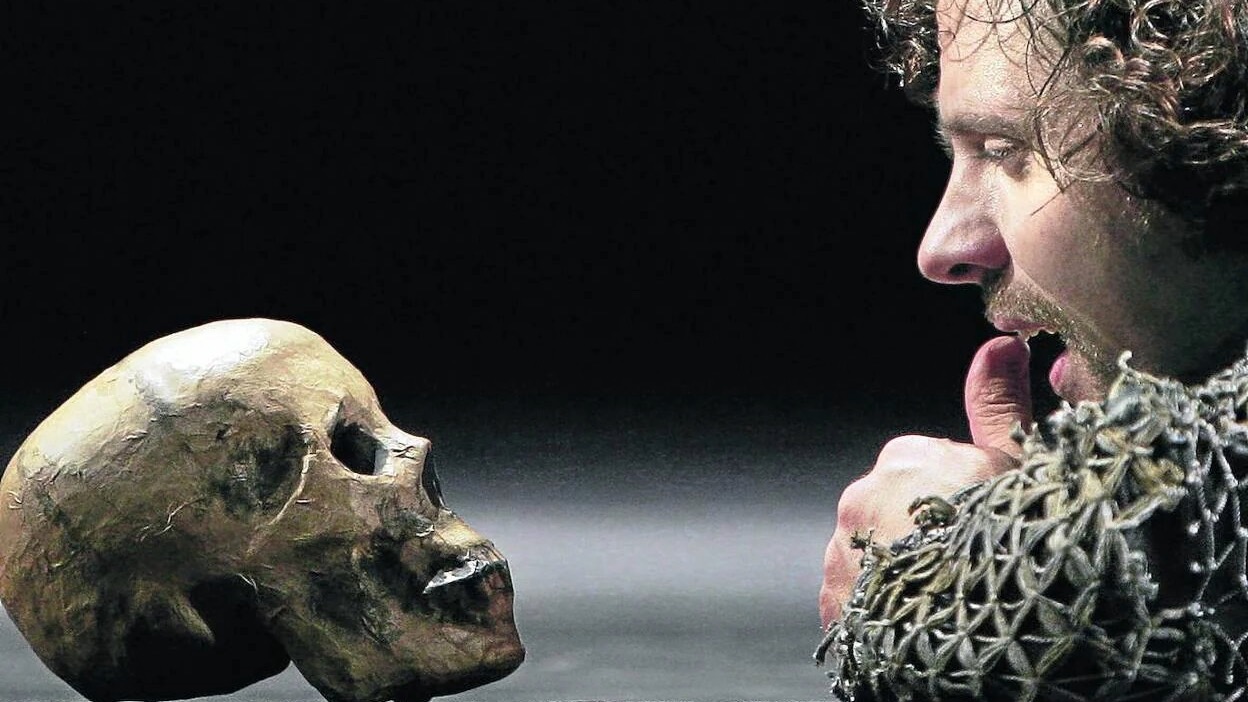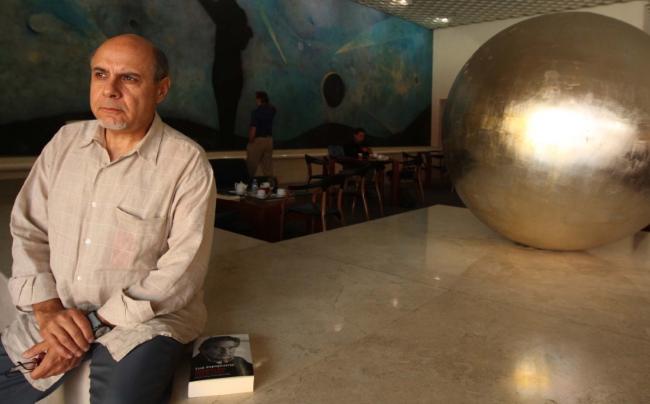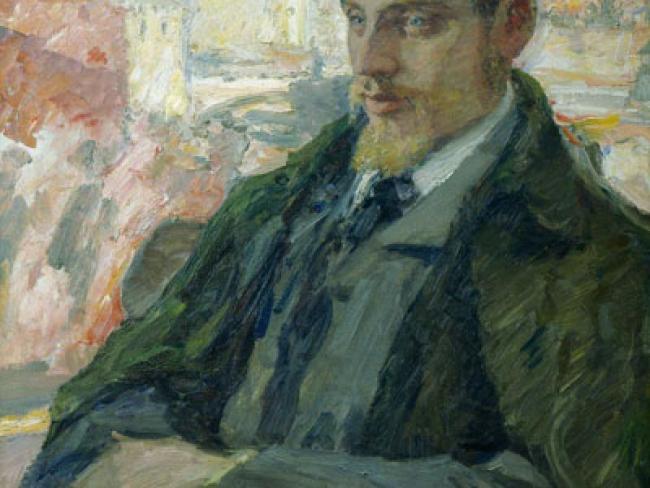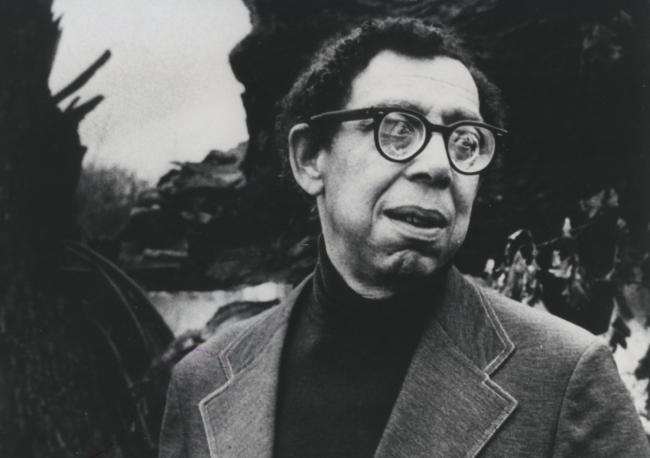¿Ser? ¿No ser? Ahí está el detalle.
¿Aguantar carretas y carretones de puta suerte,
o alzarnos contra un mar de amarguras
y al afrontarlo, darle fin?
¿Morir, dormir…? ¡Qué va!
Y al dormirnos saber que damos fin también
al dolor y a los mil golpes
que la naturaleza nos depara.
¡Ojalá pudiésemos terminar así!
Morir, dormir… dormir y a lo mejor hasta
soñar. Y sin embargo, ahí va otro detalle.
Porque los sueños que tengamos
en esa anhelada muerte,
una vez liquidada nuestra suerte,
nos darán más que pensar.
En efecto, ahí está el detalle
que hace duradera cualquier calamidad.
Porque, ¿quién puede soportar
daño y desprecio a lo largo de los años,
el mal del opresor, la sorna del soberbio,
amor menospreciado, adolorido,
demora en la justicia, la insolencia funcionaria
y los rechazos que el mérito paciente
afronta ante los indignos,
cuando de un tajo bien pudiera eliminarlos?
¿Quién puede con tales cargas
a base de sudores y gruñidos
contra el terror de algo más allá,
secreto continente de cuyo filo
ningún viajero vuelve,
que confunde cualquier fuerza
y nos hace resistir el mal habido
en vez del otro que queda por saber?
Y así, la conciencia a todos acobarda.
Y así, la tez normal de voluntades
degenera cualquier forma de pensar.
Y empresas de gran envergadura
por esta causa su curso descontrola
y frustra todo empeño para actuar.
Hamlet (III, 1)
To be, or not to be, that is the question:
Whether 'tis nobler in the mind to suffer
The slings and arrows of outrageous fortune,
Or to take Arms against a Sea of troubles,
And by opposing end them: to die, to sleep
No more; and by a sleep, to say we end
The heart-ache, and the thousand natural shocks
That Flesh is heir to? 'Tis a consummation
Devoutly to be wished. To die, to sleep,
To sleep, perchance to Dream; aye, there's the rub,
For in that sleep of death, what dreams may come,
When we have shuffled off this mortal coil,
Must give us pause. There's the respect
That makes Calamity of so long life:
For who would bear the Whips and Scorns of time,
The Oppressor's wrong, the proud man's Contumely,
The pangs of despised Love, the Law’s delay,
The insolence of Office, and the spurns
That patient merit of th'unworthy takes,
When he himself might his Quietus make
With a bare Bodkin? Who would Fardels bear,
To grunt and sweat under a weary life,
But that the dread of something after death,
The undiscovered country, from whose bourn
No traveller returns, puzzles the will,
And makes us rather bear those ills we have,
Than fly to others that we know not of?
Thus conscience does make cowards of us all,
And thus the native hue of Resolution
Is sicklied o'er, with the pale cast of Thought,
And enterprises of great pitch and moment,
With this regard their Currents turn awry,
And lose the name of Action.
Dice Enrico Mario Santí "Hace años tengo como proyecto traducir algunos soliloquios de Shakespeare a un lenguaje más actual y accesible. El reto, claro, es hacerlo perdiendo lo menos posible la poesía de su lenguaje. Y no es fácil… Para este, he confrontado sobre todo las versiones de Luis Astrana Marín y Ángel-Luis Pujante, ninguna de las cuales me convence como actualización de situación dramática. Los puristas seguramente me acusarán de herejía, de la misma manera en que en su tiempo Shakespeare fue acusado de violar las unidades clásicas. El experimento, con todo, vale la condena".




